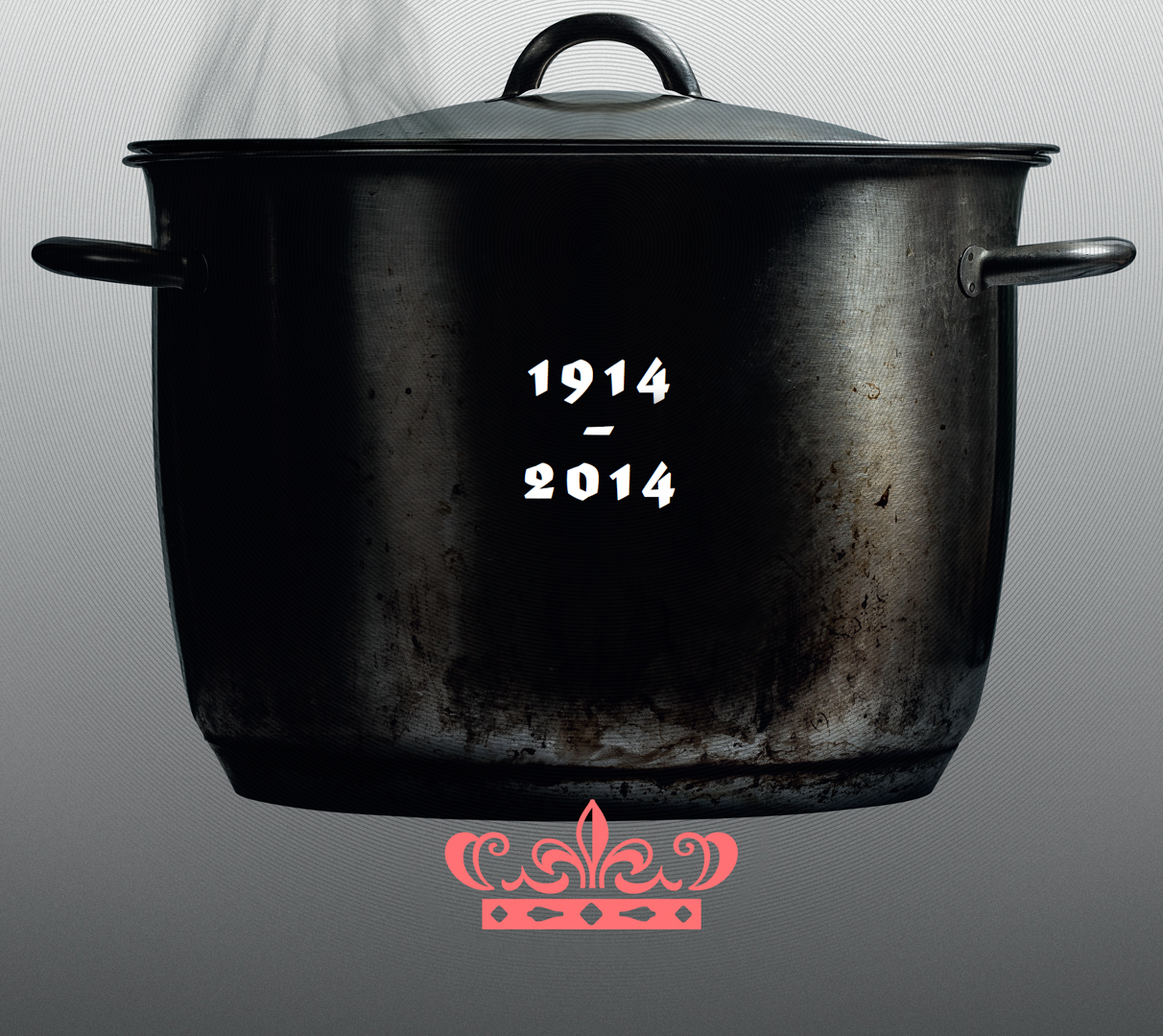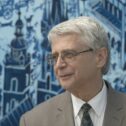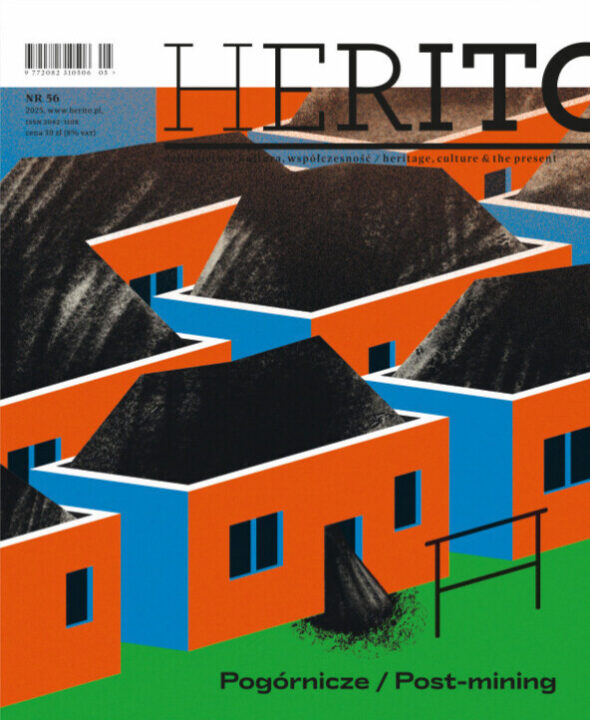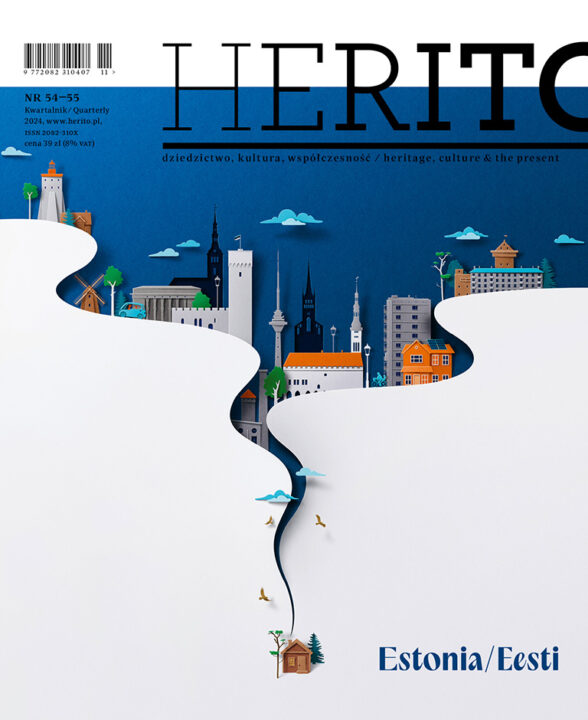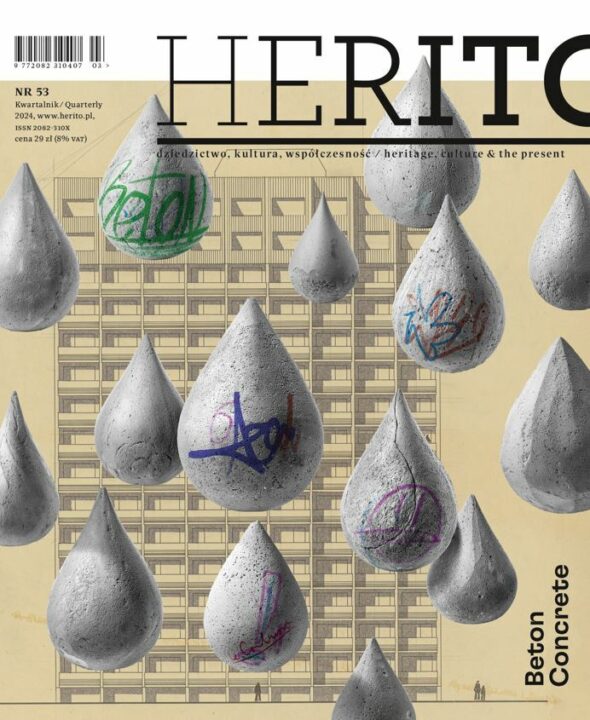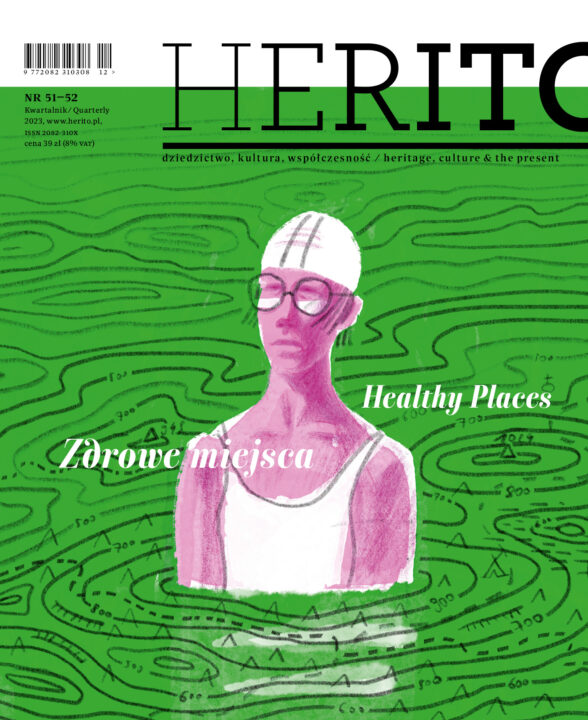A Century On from the Great War
We, nations of Central Europe would not be there, sovereign in our own states, without that war. The long 19th century held no encouraging prediction for any auspicious turn of history. Since the Napoleonic revolution was suppressed, despite attempts repeated hither and thither, there have been no major disturbances in the peace and stability between the great powers of the Holy Alliance; even though there were constant disturbances, and temperaments were heating up; even though civilisational progress, and national and class emancipation gained incredible momentum. Until everything erupted in 1914.A comparison of the map of Europe in 1815 and a hundred years later, after the end of “The Great War” leaves no doubt that the “Central European mosaic” is the consequence of the shockwave that accompanied the 20th century entering the arena of history; which happened precisely in 1914.
Delayed and – as it was to prove – short, the new century brought enough to overshadow the war that it opened with, and which was the first to be called a world war. The spectacle of the second global war exceeded all and any conceptions both in the scope and the gravity of the massacre. The post‑war order decided in Teheran, Yalta, and Potsdam affected the world system of powers and the everyday life of Central Europeans to a far greater extent than the decisions made 25 years earlier in Versailles, Saint‑Germain, Neuilly, Trianon, and Sèvres.
We parted with the 20th century without compassion. The Warsaw Round Table, the Velvet Revolution in Prague, and the Wall peacefully brought down in Berlin were reasons for considerable pride. The lesson in history seemed learnt… if not for the shots fired again in the Sarajevo in the 1990s.
Which is why we return to “the Great War”. Not as much to examine its reasons and course, but rather to ask about its remembrance, about its significance for us today. And the picture that emerges from such a reconnaissance is far from unequivocal.
Translated from the Polish by Piotr Krasnowolski
Copyright © Herito 2020
